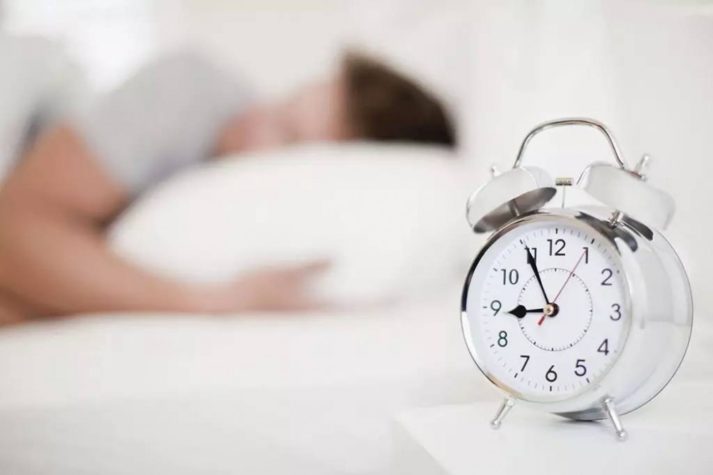The working of internal body functions is powered by the body clock. This clock is responsible for monitoring and activating different body processes and is present in every cell of our body. This clock regulates vital body processes and plays an important role in maintaining the hormone levels, metabolic activities, sleep and wakeup habits, and body temperatures.
Our body clock is already set and it performs activities based on the physiology of our body. An adequate amount of sleep and proper diet acts as a fuel in synchronizing this clock and smooth its functioning. Hence it is recommended that to stay healthy this clock should not be interrupted or triggered. The people having poor sleep as well as who do not follow the regular diet, working late nights are more likely to suffer from serious health issues.
Such habits can lead to high blood pressure, change in hormone levels and increased blood sugar levels. In the later stage of life, such habits can lead to weight gain and can make you a victim of Type 2 diabetes. This happens because the functioning of internal body clock is disturbed.
When we work at late nights, our master body clock informs all other clocks that it’s a night time and time to rest. Similarly, when we eat at late nights, our brain sends a signal saying it’s not the right time to eat. If you eat food during late nights, our pancreas release insulin to digest the food.
And there’s accumulating evidence that we may be more sensitive to these timing cues than scientists ever imagined. For the individuals who are looking to shed their weight should eat food regular time intervals during the day. About 25% of individuals who are overweight or obese are late eaters.
Our body clock is programmed to perform different activities at a different time to ensure good health. Due to tremendous development taking place in medical research, we will soon be able to monitor our body clock and circadian rhythms as well.

Carolyn is a technology graduate and loves to write about anything related to technology as well as writes in others sectors. Carolyn is a professional writer with over 7 years of experience. Initially starting off as a programmer, Carolyn decided to combine her knowledge about technology and writing and that’s how she joined Reporter Expert.



